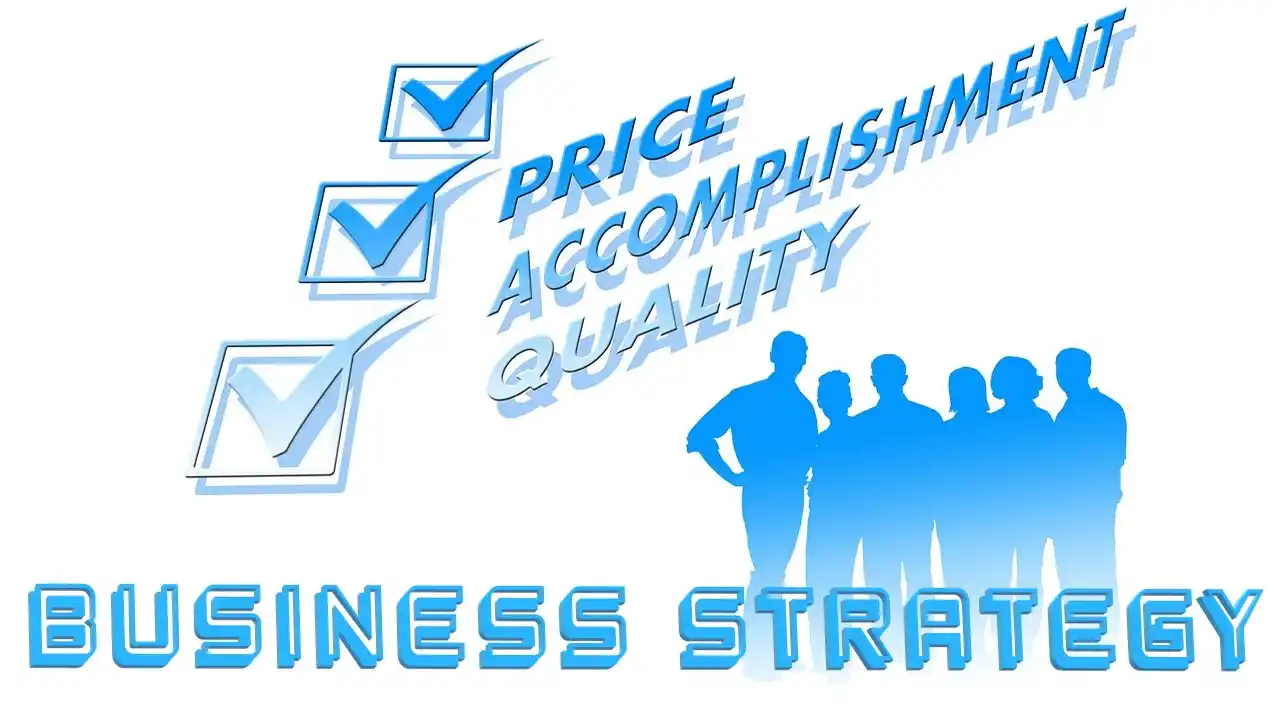As you begin assembling a new business, you have a number of objectives in mind. These objectives include making the world a better place, earning a certain quantity of money, employing more than 100 people, and listing the company on stock markets. Some business owners may have superior business management strategies than others. In any event, a business must have objectives that are specific to its needs. In a perfect society, what objectives should a business strive to achieve? Or perhaps they ought to have done it? In this article, we will examine some of the most essential business objectives. Continue reading to become an expert on objectives of business and learn everything you should know about it.
Everything you need to know about the goals of enterprises. A business is a financial institution operating within a network of social and economic relationships. Consequently, a company’s objectives should be written down while taking into account its operating environment and its requirements for survival and expansion. A corporation, like any other type of organization, has multiple objectives. There are numerous methods to organise a company’s objectives. The corporation is now operational, and its primary objective is to achieve a number of objectives.
Objectives of Business
The objective that a business has set for itself is its objective. It helps the business determine which duties must be completed first in order to achieve the desired level of success. There are various types of business objectives from which to choose. The sort of business objectives that should be established depends on a company’s growth stage and industry. To learn more, take a look at these objectives of business. Gain an insider’s perspective on quality of business subject by reading this interview with a leading expert.
Customer Creation
Profits cannot be created out of thin air; to paraphrase Peter Drucker, “there is only one valid definition of business purpose: to create a customer.” They are the result of the businessman’s efforts to satisfy the needs of his customers. The single most essential factor in determining whether a company will remain in business is its ability to increase its market share over time.
The company’s primary objective is to satisfy both its own objectives of producing high-quality products and the needs of its customers. Therefore, for the business to make a profit and satisfy customer demands, it must sell high-quality, cost-effective products.
Boosting Productivity
A scale can be used to determine the effectiveness of a business plan. This is typically the final objective, but it is equally as essential because the output of the tasks is how productivity is measured. It is the culmination of all business tasks performed.
If a company wishes to remain in business and thrive in the future, it must work to increase its overall efficiency. This objective can be achieved by reducing waste and making more efficient use of money, people, instruments, and other resources.
Societal Goals
A new enterprise opens in a neighborhood. As a business proprietor, you have utilized the resources provided by society. A company creates social objectives with the welfare of society in mind. Every enterprise must find a means to give back to the community.
Costs
The term ‘costs’ refers to the total quantity of money required to operate a business. By reducing expenses, you can earn more money and move closer to profitability. Additionally, by keeping track of production or activity costs, you can increase the financial success of your business with the aid of cost-related business objectives.
Flow of Funds
The movement of currency into and out of a business is what “cash flow” refers to. Cash flow is positive when income exceeds expenses. Negative cash flow occurs when you expend more than you earn. Cash flow is positive when income exceeds expenses.
Negative cash flow occurs when you expend more than you earn. A business objective that focuses on cash flow, such as earning money, can position you for long-term financial success.
Reasonable Price
People establish businesses because they have desires that must be satisfied. It is the company’s primary and most essential social objective. Goods and services should be of higher quality and less expensive than they are currently. Businesses have a social responsibility to avoid unethical practices such as boarding, black marketing, and misleading advertising, in addition to it being the right thing to do.
Profitable Earnings
A collection of activities undertaken with the intention of earning money through the sale of the results and referred to as a business. The difference between the amount of money earned and spent defines profit.
The primary objective of any enterprise should always be to generate profit. To put it another way, a company cannot survive without profits, just as a plant cannot survive without water.
Increasing Customer Base
Customers are essential to a business’s development because, without them, the business would not exist. They are the ones who aid in your financial advancement.
Increasing the number of people who purchase from your company is crucial, and you can achieve this by focusing on the appropriate marketing. In addition to assisting you achieve your business objectives, the marketing plan has a few objectives of its own. These objectives designed to facilitate achieving your business objectives.
Maximum Resource Utilization
For a business to be successful, it must have access to a variety of instruments. On the list of items a business needs are raw materials, machines, workers, and possibly other things.
As a business proprietor, your primary objective should be to maximize the value of everything you possess. Given that every business has limited resources, the best course of action would be to utilize these assets as efficiently as feasible given the circumstances.
Positioning in the Marketplace
A significant portion of your business plan should focus on how your product or service compares to those of your competitors. Setting a business objective based on how your product or service compares to the competition can assist in ensuring that it meets market requirements. You can also use competitive positioning to outperform your competitors in a crucial area by outperforming them.
Business Aim Vs Goal
There is a distinction between the objectives and purposes of a business. The primary objective is for the final product to be comprehensive. In contrast, in business, an objective is a step that people take to attain a measurable objective. The primary distinction between objectives and aims is that targets are more specific.
FAQ
What are Smart Goals in Business?
The acronym SMART represents a set of criteria used to determine whether an objective is “specific,” “measurable,” “achievable,” “realistic,” “relevant,” or “time-bound.” (or timely). SMART is an acronym that stands for “specific, measurable, achievable, realistic, and time-bound.” This means that the objective must be specific, measurable, attainable, realistic, and have a time limit.
What are the Primary Business Goals?
Survival is the most likely short-term objective for small businesses just starting out, when a new company enters the market, or during a crisis. Profit maximization refers to attempting to earn as much money as feasible, which is likely objective of the company’s owners and stockholders.
What does the Goal Imply?
Attempts to obtain something, such as a purpose, an objective, or the conclusion of a process. The objective of a military operation and a crucial location that must be reached to complete the mission. Taking a photograph of something using a lens or series of lenses.
Final Words
There are instances when two distinct business objectives can coexist. There may be issues with, say, expansion and producing money. Even if a company increases its short-term sales by lowering prices, its short-term profit decreases. A company’s long-term objectives can affect its short-term objectives. Cash flow will decrease in the short term if a business invests heavily in new machinery, equipment, and products.
Moreover, many business professionals believe that the stock market only encourages short-term thinking. They claim that investors place too much emphasis on short-term profits. This is detrimental to businesses, particularly their ability to develop over time. In this post, we’ll examine the objectives of business and grab extensive knowledge on the topics.






